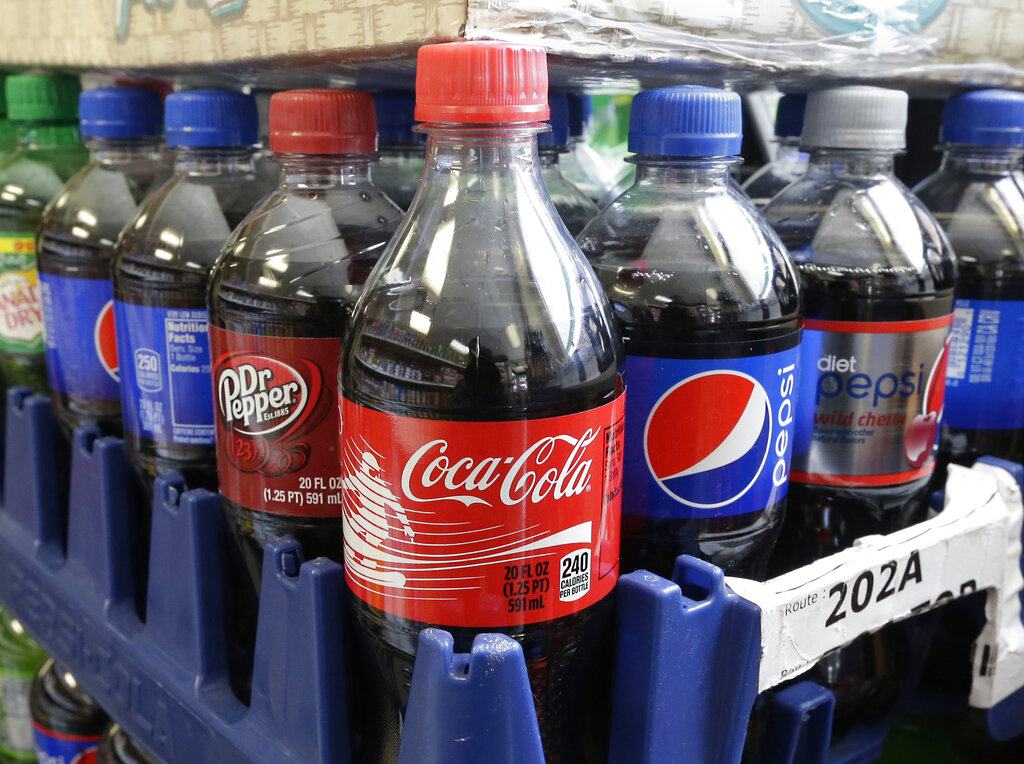With too many animals to care for, the Fort Worth Animal Care and Control Shelter staff is reaching out to locals to help care for their friends in need.
Adopting dogs and cats at the shelter typically costs about $49 and $25 respectively, according to the city’s website. But Jacque Lickteig, marketing coordinator for the City of Fort Worth’s code compliance, said these fees will reduce to $10 during National Adoption Weekend on Nov. 10-12. This price will include vaccination, microchipping, spaying/neutering and city licensing fees.
Microchipping through the Texas Coalition for Animal Protection usually costs $30, according to the website.
According to Lickteig, overcrowding is a common problem at the shelter, which makes spaying and neutering pets important. Fort Worth Animal Care and Control officers often visit schools to teach children about spaying and neutering pets as part of the shelter’s community outreach, she added.
“Our team works hard to get as many [animals] as possible adopted,” Lickteig said. “But ideally, we wouldn’t have to worry so much if people were spaying and neutering their pets.”
Microchipping pets is also important as it is the fastest and easiest way to find missing pets, she added.
Lickteig is an animal lover herself, owning five dogs and four cats, some of whom were adopted through Animal Care and Control. She said it is difficult to not end up adopting a pet while working closely with shelter animals.
While Lickteig said large dogs are their biggest concern, the shelter staff tries to match animals with owners whose lifestyles fit with that animal’s breed and temperament.
“If we know that the family’s kind of a low-key, low-activity family and they want a dog that’s not a lot of work or cat that’s not a lot of work, we’ll try to pair them up with the right one so that there aren’t any issues when they do adopt,” she said.
[envira-gallery id=”98966″]
Charlene Baxter is the owner of Glamour Paws, an animal grooming salon on Forest Park Boulevard. Baxter said she supports the shelter’s push for adoptions.
While pet adoptions help her business, Baxter said that adopting from shelters is often a better option than buying from a breeder.
“I would definitely encourage people to adopt before they just go buy from a breeder because most of the times, the breeders are just over-breeding and they’re in it for the money, where the shelters are actually helping the pets,” she said.
Baxter said about half of the animals she sees at the salon were either adopted or former strays. One customer even won her dog in an auction. However, Baxter said she would advise people to remember that no dog comes free of charge – even the strays – and to research breeds before adopting.

Former Fort Worth local Brittany Ryan just moved to Portland with her dog, Freya, who she adopted from the Fort Worth shelter in 2015. Ryan said she wanted to adopt an older pet because her busy lifestyle made it hard to make time for training. She said the adoption process was easy, inexpensive and that the shelter staff was invested in doing what was best for the animals.
“The more outreach the shelters do, the more people who will realize that not only can they almost certainly find an animal that suits their living situation and lifestyle, but also that they might find a particular animal that is perfect for them,” she said.

Ryan added that there is always a period of transition for shelter animals, who sometimes take a few months to adapt to life outside the shelters.
“Coming out of the shelter once they’re adopted – many times, it’s great, it’s fine,” Lickteig said. “But before making a decision about returning it would be good to give [shelter animals] a little bit of time to adjust to their new environment, especially if they’ve been at the shelter for a long period of time.”

Lickteig said “love and patience is key” when adopting shelter pets – something Fort Worth paralegal Chloe Parker agreed with.
Parker said she learned to be patient after adopting her border collie, Jax, from the Humane Society of North Texas during Clear the Shelters Day this summer. She said Jax was fearful at first and likely didn’t have enough human interaction at the shelter.
Jax is improving now, but Parker said people should still do research before adopting animals – from reading about the needs of certain breeds to how the shelter is run.
“Find out who does what kind of adoptions, what their practices are,” she said.
Parker added that adopting from shelters and rescue groups is a good, ethical option for finding pets.
“We don’t need puppy mills,” she said. “It’s a selfish thing to do. There are tons of animals who need loving homes.”

Lickteig said she hopes people visit the animals and consider adopting during the adoption weekend, but said spreading the word about spaying/neutering will help the shelter combat overcrowding in future.
Photos of dogs and cats available for adoption can be found on the Fort Worth Animal Care and Control website.



